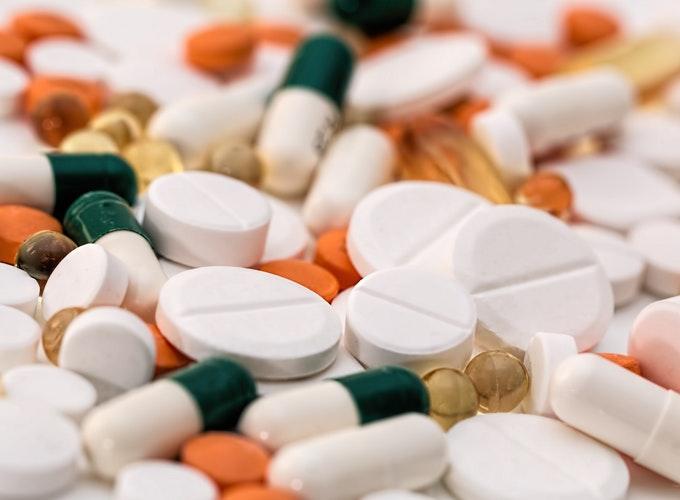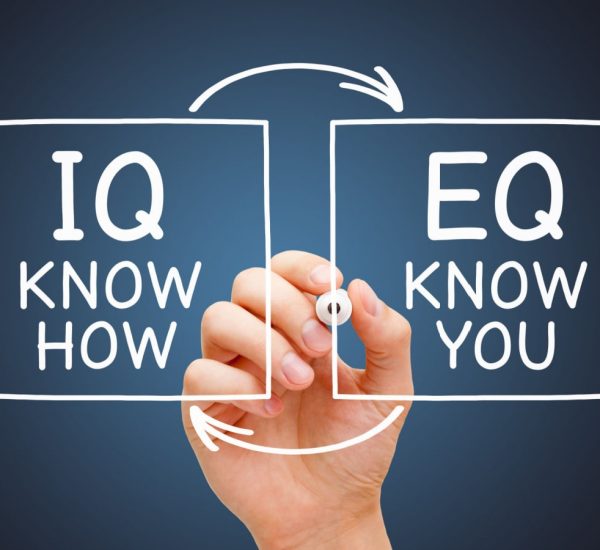If you have a drug addict near or around you and you are having trouble handling it, this is your guide on how to deal with a drug addict. We define addiction as a complex condition or a brain disease. This is manifested by compulsive substance use despite its harmful consequences.
Drug addicts are basically individuals who compulsively consume drugs. They do this despite knowing their harmful effects on health. These people start off by consuming small portions of the drug. Later on. They move to higher doses. To this, the body then develops a dependency, and if a certain amount of the drug is not consumed, the body yearns for it. They then start to show withdrawal symptoms.
This can make it hard to deal with a drug addict, which is why we have some steps for you on how to deal with a drug addict. This could include how to deal with a drug addict family member, how to deal with a drug addict lover, how to deal with a drug addict brother, and how to deal with a drug addict son, daughter, or father. This could include anyone you hold dear and want to help through addiction.
What can you be addicted to?
People can be addicted to any substance that has a calming effect on the brain. This, over time, changes the brain’s chemistry and neural wiring. This brings a factor of dependency on the drug because the brain has adapted to the normal dosage. Now the brain needs more doses to feel that sense of euphoria. It is not the drug that the body is dependent on but rather the state of euphoria that the brain goes into as an effect of the drug.
Usually, people become addicted to smoking tobacco, marijuana, drinking alcohol, consumption of morphine, sleeping pills, heroin, and medicated drugs that bring about a sense of relaxation and ‘high’ to the brain.
What happens when someone is addicted?
When someone is addicted, their brain’s neural wiring changes over time. This affects their behaviors, their thought pattern, their feelings, etc. When people start taking a drug, it is easier to let go of it. But over time, the brain starts to become habitual of the feeling of euphoria that comes from it. This is why most people continue.
Over time, the brain can not feel the sense of euphoria for a given dosage of the drug anymore. Then it requires more and more dosage. This is why drug addicts start increasing their dosage with time. It is easier to deal with a drug addict who is at a rather starting stage of drug abuse than someone who has been at it for years.
What does it mean when someone is addicted to a drug?
When someone is addicted to a drug means that that individual needs the consumption of that drug for his normal functioning. Otherwise, his body would begin to develop withdrawal symptoms. This includes vomiting, nausea, dizziness, body pains, headache, diarrhea, etc.
When someone is addicted to drugs, they have different symptoms. This includes being lazy and lethargic, not performing well in academic or professional life, like at work or in college, stealing substances or money, lying about dosage, not taking care of appearance, lashing out, losing temper, cognitive and memory problems, poor hygiene, etc.
If you are living with someone who has these signs and symptoms of being addicted to drugs, you should read further about how to deal with a drug addict.
What are the different kinds of addictions?
There are different kinds of addictions when it comes to drug addiction.
1- Substance Abuse
People usually get addicted to substance drugs, such as tobacco, weed, alcohol, heroin, etc. following peer pressure or to escape when life gets hard. Here are details on substance abuse.
2- Prescription Drugs Abuse
A vast majority of people also get addicted to medicated drugs. This includes sleeping pills, morphine, Barbiturates, Benzodiazepines, acetaminophen, and oxytocin. This also includes many other medicated drugs. These drugs have a soothing effect on the nervous system. It calms down seizures, and anxiety attacks, and brings down anxiety, and panic. They also induce sleep, help elevate mood, etc.
Addiction to these kinds of drugs can be developed after they are prescribed to a patient for a certain amount of time. The patient gets habitual or consumes higher doses with time.
So even if they look harmless, they have got a lot under their sleeve. Drug addicts have serious temper and cognitive issues. This will cause them to act on impulse, have reckless behavior patterns, and lack self-regulation.
10 Effective Ways to Help a Drug Addict Family Member or a Friend
1- Someone you don’t know well and can’t help
If you are looking for a roommate in a new house or a new room, read on. If you have a roommate who is on drugs, it is important to check how many drugs they are consuming. Also, as the type of drug, they are consuming. Including how often they are consuming it. Usually, people may drink or smoke occasionally. They are not exactly addicted to it or have a dependency on it. It is not harmful at all to have such people in your home.
However, if you notice that the addiction is a little over the top, you should be worried. If you see them staying intoxicated most of the time, they are consuming high doses of a drug. This may be the time to start dealing with these drug addicts. Or you can move out if they are not a friend.
2- A friend or a loved one with an addiction
Other scenarios can include having a relative or a friend at home who is a drug addict. In such cases, it is important to reach out to them and provide help if you see that their situation is manageable. There are different ways in which you can deal with a drug addict that we will discuss below.
However, if you feel that they are a harm to you, you have to get more careful. If they have anger issues, lose control, or stay intoxicated a lot, you may want to shift them to a rehabilitation center. You can even ask them to move out for your own safety if they are in denial, and you can’t seem to deal with the drug addict.
3- Make them experiment
A very vital step to deal with a drug addict’s denial may be a confrontation. If they deny that they are addicted to the drug and believe that they are just consuming it for fun, they sometimes, do this. Ask them to stop consuming it for a week or so, and see if they get withdrawal symptoms. They can objectively judge if they function well without it. If they do feel a yearning for it, it means that they are addicted and dependent.
4- Rehabilitation
It may be so that the drug consumption is of a very high dose. You may feel that any of the steps above are not bringing any help in denial. Nor to the addiction. Now, this may be time to start considering that your drug addict family member needs proper rehabilitation.
They may even need detoxification in order to function normally. You can consult rehabilitation services and centers to help you in this regard.
The hardest of all scenarios is when you are in love with a drug addict. This could be your husband, your fiancé, your boyfriend, an ex, or just a friend, you dearly love. This makes you very vulnerable to the effects of this addiction. The state that an addicted loved one is in will hurt you every time you look at them.
You will want them to immediately come out of this addiction. However, it is important to know that patience is the first important step to start to deal with a drug addict who you love.
5- Convincing them to stay motivated and consistent
While it may seem hard at times, it is important to know that they need your help. Everything is possible with the right amount of faith and effort. You have to convince your loved one to consider giving up the drug.
Initially reducing the doses very slightly. The important thing is to stay committed. They can easily go from twenty cigarettes a day to five cigarettes a day within a matter of two months if they try consistently.
6. Be there for a drug addict to help them
Along with this, you have to be there for them when they feel the yearning for the drug. Increasingly, you have to help bring joy to their life through other things that they love. Give them new hobbies, begin doing their favorite things with them, elevate their self-esteem, and give them attention and care. This will be a really hard time for them, but your presence will make it very easy, and they will feel motivated to let go of the addiction.
7. – Professional help to deal with a drug addict
Help your addicted loved one to seek out professional help, like counseling and therapy. Mostly for the problems that lead them to think that they need to use drugs as an escape. Help them see the beauty in life and in staying sober through it. See if your loved one is in a very miserable state and needs some other forms of therapy. These could include hypnosis scripts, aversion therapy, etc. that will be available in rehabilitation and drug abuse treatment centers.




